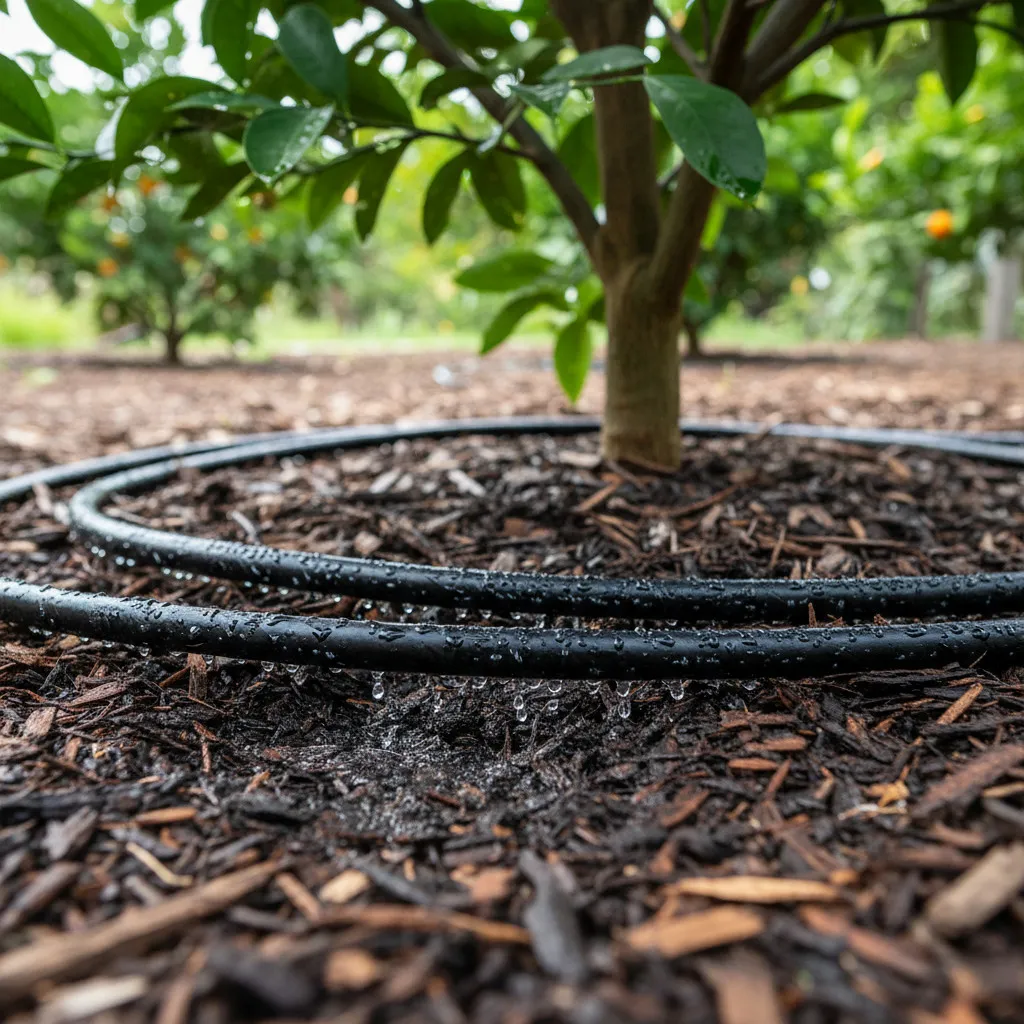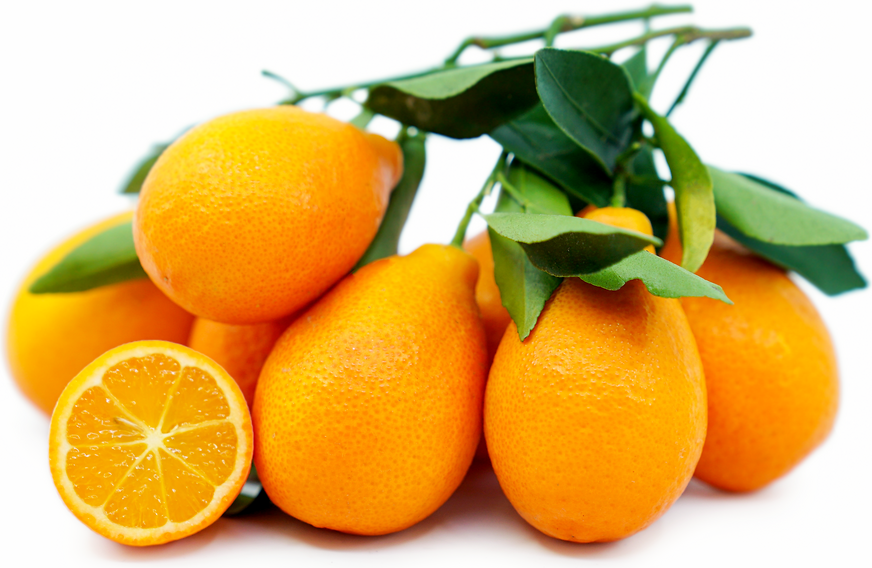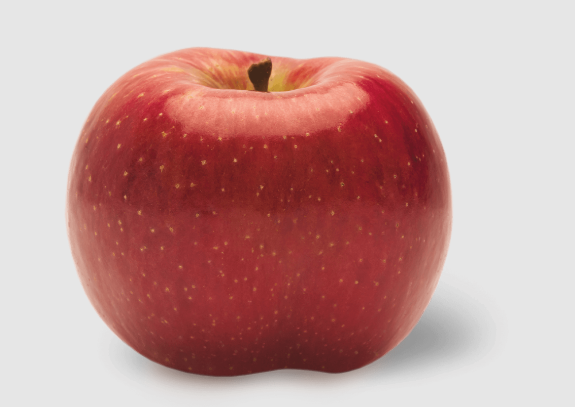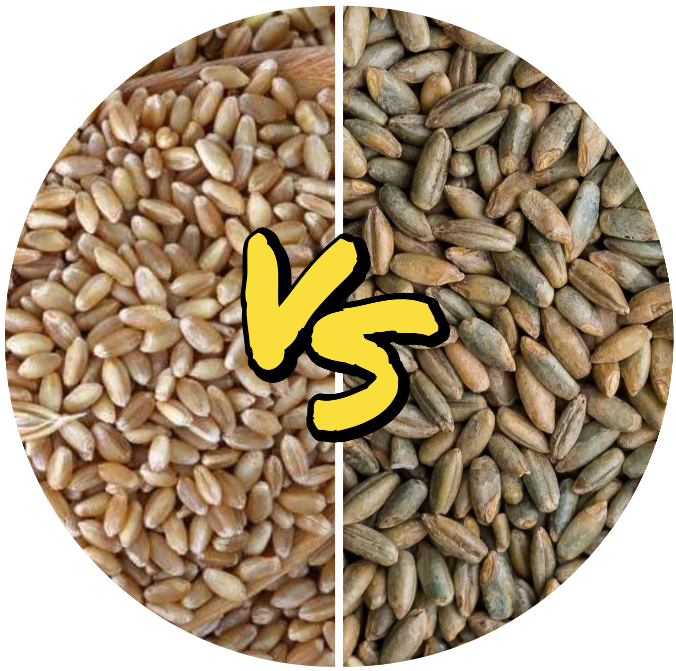Fruits that come from the tropics are a colorful and varied bunch. They love the heat and moisture found around the equator. They stand out because they’re bright, taste special, and are full of good stuff for your health. To grow right, these fruits need the perfect weather.
Table of Contents
- What Makes Tropical Fruits Special?
- So, What About Honeydew?
- Where Does Honeydew Come From?
- What Weather Does Honeydew Like?
- How Good Is Honeydew For You?
- Ways To Enjoy Honeydew
- Choosing and Keeping Honeydew Fresh
- Cool Things About Honeydew
- To Wrap It Up
- Common Questions
- Is honeydew melon a good source of hydration?
- Can honeydew melon be grown in tropical regions?
- Are there different types of honeydew melon?
- Can honeydew melon be frozen?
- Does honeydew melon cause allergies?
What Makes Tropical Fruits Special?
There are things that tropical fruits have in common. They’re not like the fruits from cooler places.
They usually taste very distinct with a blend of sweet and tart, and they have a smell that’s out of the ordinary. Tropical fruits are packed with vitamins and minerals, lots of fiber, and substances that can protect your body from harm.
So, What About Honeydew?
Honeydew melon is not a tropical fruit. It fits into the category of melons that grow best in places that are not too hot or too cold.
Where Does Honeydew Come From?
People think honeydew first came from what’s now Iran a long time ago. After that, it was grown in places like Egypt, Greece, and Rome. From those places, it reached other corners of the world, thanks to people traveling and trading.
What Weather Does Honeydew Like?
Honeydew loves a climate that’s not too extreme. It likes days that are warm and nights that are a bit chilled. It grows best when the temperature is between 70°F (21°C) and 85°F (29°C). It doesn’t need the hot weather that tropical fruits enjoy.
How Good Is Honeydew For You?
Honeydew is tasty and full of nutrients. It doesn’t have a lot of calories or fat, and it brings a bunch of vitamins and minerals to your diet.
This melon is a great source of vitamin C and potassium, along with vitamin B6. It has fiber too, which helps keep your digestive system happy.
Ways To Enjoy Honeydew
There are many ways to eat honeydew. People often eat it fresh for a quick, refreshing treat, or mix it into fruit salads, blend it into smoothies, or add it to desserts.
The sweet taste of honeydew makes it good to combine with other fruits, yogurt, and even some savory foods like in a salad.
Choosing and Keeping Honeydew Fresh
If you’re picking out a honeydew, go for one that looks smooth and doesn’t have any marks. Its outside should feel a bit waxy and have a light yellow or cream color.
A ripe one will be slightly soft at the bottom when you press it. If you’ve got a ripe honeydew, you can keep it in the fridge for about 5 days.
Cool Things About Honeydew
- It’s called honeydew because its insides taste as sweet as honey.
- This melon is related to cucumbers, pumpkins, and squashes.
- It’s very hydrating since it’s mostly water.
- In some places, people think honeydew can be used as a medicine for certain health problems.
To Wrap It Up
Even though honeydew is not a tropical fruit, it’s still a fruit worth having. It’s yummy and healthy, and there’s so much you can do with it in your kitchen.
Knowing where it comes from, what kind of weather it likes, all the vitamins it has, and the different ways to use it can help you appreciate honeydew melon even more. Every bite is a taste of its own unique goodness.
Common Questions
Is honeydew melon a good source of hydration?
Yes, honeydew melon is filled with water, which is great for keeping you hydrated. When you eat honeydew as part of your regular fruit routine, it helps you drink enough fluids each day.
Can honeydew melon be grown in tropical regions?
Honeydew melon is usually not found in the tropics, but you can sometimes grow it there if the conditions are just right. It needs a bit of extra care to grow in those warmer areas, though.
Are there different types of honeydew melon?
There are a few kinds of honeydew melon. The one you see most often has green inside, but there’s also a kind with orange insides that’s even sweeter and really colorful.
Can honeydew melon be frozen?
You can freeze honeydew melon for later. Its texture might change a bit when you thaw it, getting softer. It’s best used in things like smoothies or cold desserts when it’s been frozen.
Does honeydew melon cause allergies?
It’s not common, but some people can be allergic to honeydew. If you know melons give you trouble or if you feel sick after eating honeydew, it’s good to talk to a doctor.









